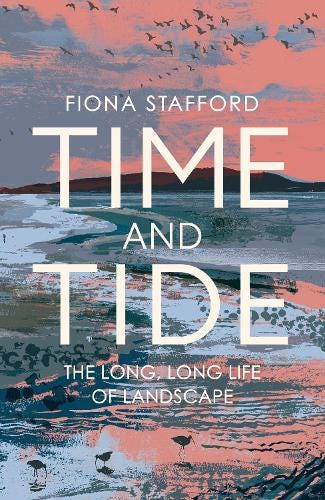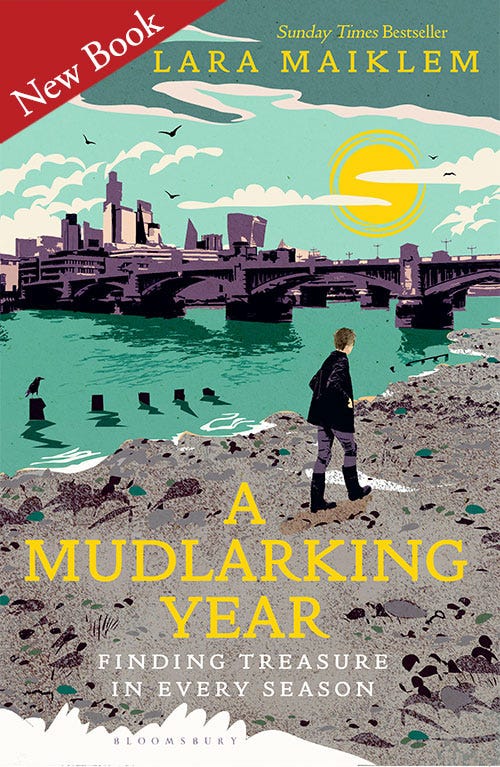Hello, and welcome to Cambridge Ladies’ Dining Society - about books, literature and Cambridge women’s history. At around this time of year it’s hard to resist, or indeed avoid, the annual ‘best of’ round-ups, and as a book reviewer I’m always pleased when my own favourites make an appearance. Last year I wrote about three travel memoirs by women writers that I’d particularly enjoyed. This year my focus is on a wonderful selection of new literary biographies, along with some reissued classics (a welcome recent tendency in the publishing world) and a handful of recent memoirs that will surely become future classics. Hope you enjoy Part One of my 2024 Books of the Year: Writing about place.
The poet John Clare famously lamented the destruction of the countryside in the name of industrial progress, but found peace on the shady riverbanks of the River Gwash near Helpston. Unfortunately that too has now been washed away by England’s largest reservoir, Rutland Water. Fiona Stafford’s new book, Time and Tide: The Long, Long Life of Landscape (Hachette, 2024) is a personal response to gradual change and transformation in a variety of British and Irish landscapes, estuaries and forests, arranged in twenty chapters with evocative titles including ‘Drained’, ‘Drowned’ and ‘Otters and Cockles’. It’s a beautifully written book that pays attention to the unexpected things that re-emerge in different forms at the edge of the familiar. Water is a connecting theme, from the ‘lost and last great mere at Whittlesey’ in the Fens to the healing springs of Harrogate. ‘Familiar places may be drained or drowned, dried or dammed,’ Stafford writes, ‘yet still the old places speak to later generations through storied fragments.’
Another author searching for stories in lost and discarded historical fragments is Lara Maiklem (see her gorgeous website here.) She has written about her twelve months exploring the banks of the River Thames in London at low tide in A Mudlarking Year: Finding treasure in every season (Bloomsbury, 2024). ‘Mudlarking’ as a practice is not new; for hundreds of years, impoverished Londoners have scavenged the river’s foreshore for anything they could sell. In London Labour and the London Poor (1851) Henry Mayhew described seeing women, children and old people who ‘waded in the mud barefoot throughout the winter’ searching for washed-up lumps of coal and pieces of iron or string. Nowadays it is mostly determined metal detectorists who plunder the river’s trinket box; for Maiklem, by contrast, mudlarking means being respectful of this fragile environment, ‘a unique wilderness amid urban chaos.’
Keep reading with a 7-day free trial
Subscribe to Cambridge Ladies' Dining Society to keep reading this post and get 7 days of free access to the full post archives.






